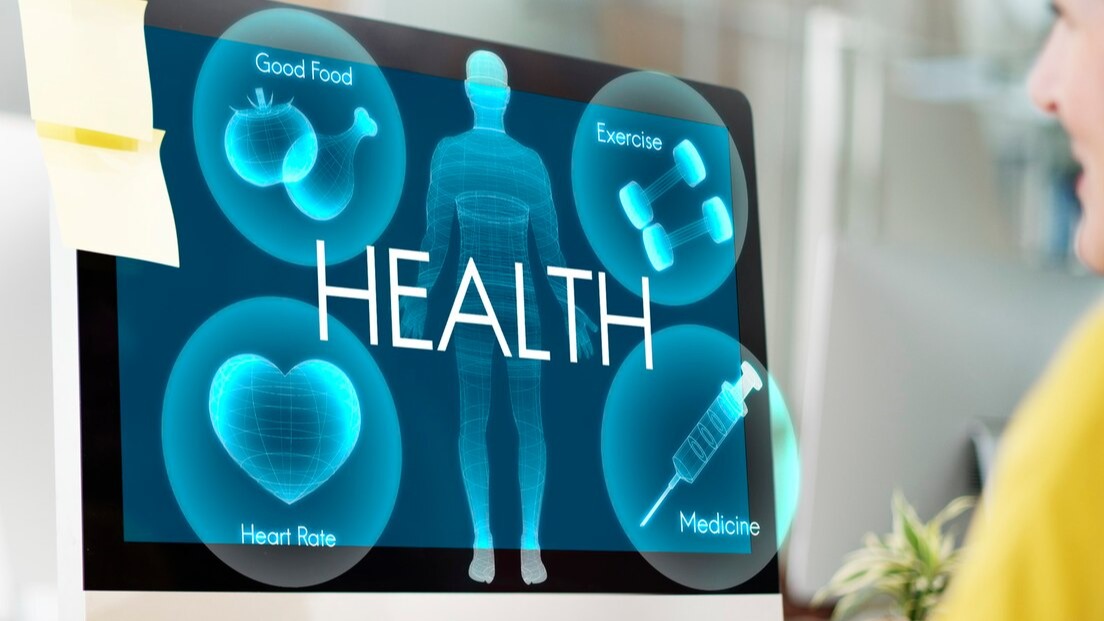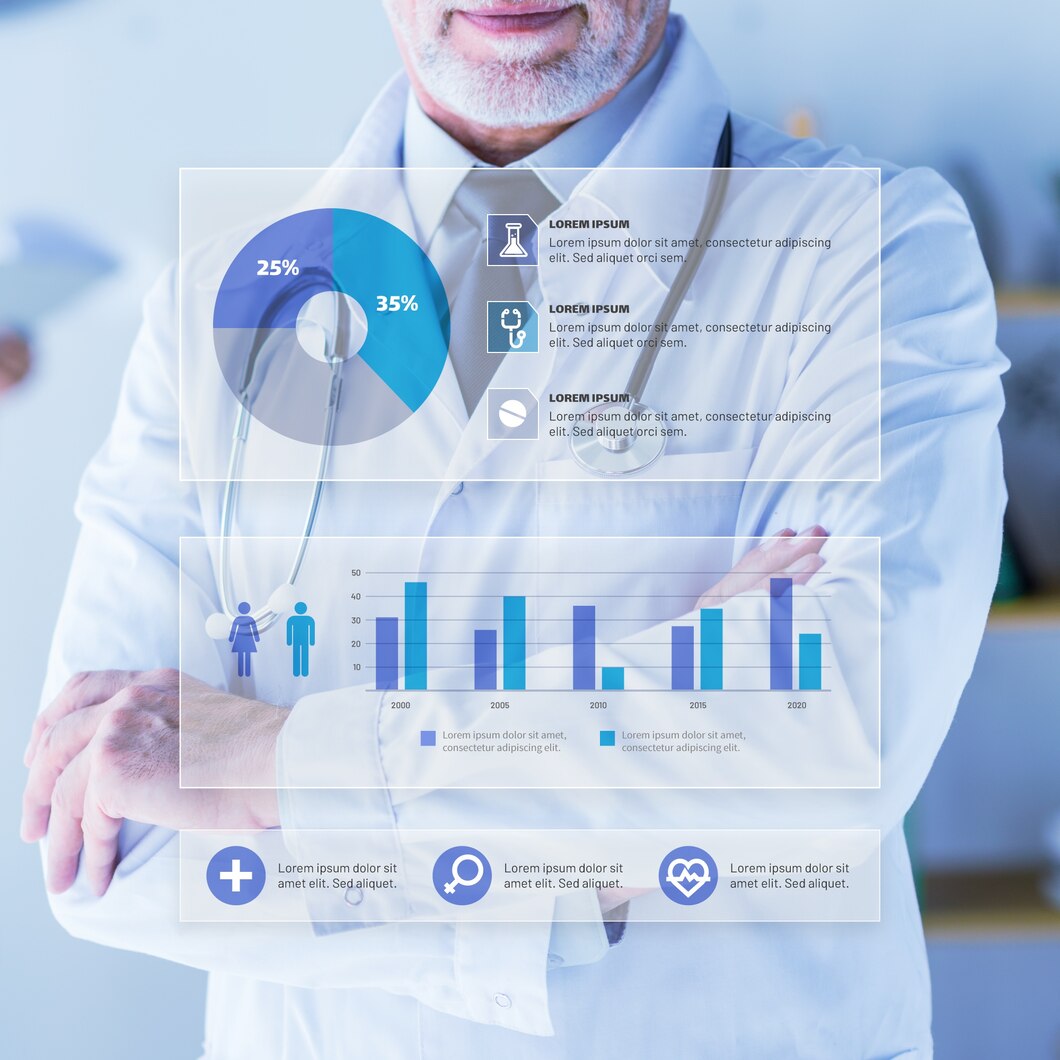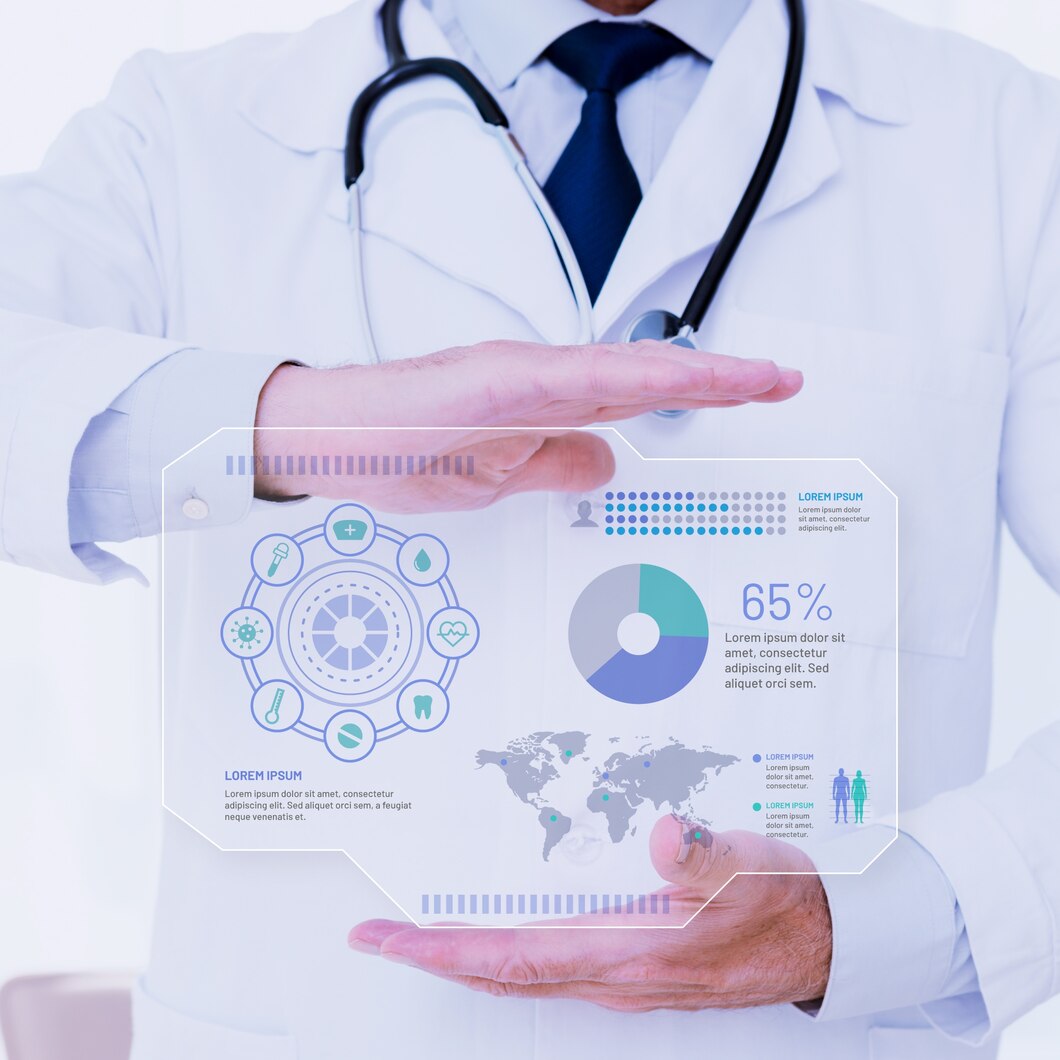Implementing Secure APIs for Healthcare Software Solutions
As the health industry faces an enormous digital makeover, application programming interfaces (APIs) are becoming pivotal for facilitating interoperability, workflow efficiency, and energizing next-gen health platforms. From electronic health records (EHRs) to patient portals, secure APIs are the spine of digital health today.
But APIs also present new cybersecurity threats. Insecure APIs can reveal protected health information (PHI), leave backdoors open to attackers, and threaten compliance. Therefore, cybersecurity for healthcare requires APIs to be designed, deployed, and operated with security-first principles.
This article delves into how to implement secure APIs in healthcare environments—and why it's imperative to work with trusted healthcare cybersecurity consulting partners such as Gini.
Why Secure APIs Matter in Healthcare
APIs facilitate important data exchanges among clinical systems, mobile apps, payer platforms, and beyond. Through APIs, healthcare systems can:
• Exchange patient information among providers
• Interface with third-party apps and wearables
• Support digital scheduling and telemedicine
• Integrate with billing and insurance platforms
• Power analytics and AI-driven diagnostics
As APIs become larger in scope, however, so does the attack surface. Insecure endpoints create avenues for data breaches, ransomware attack vectors, and compliance breaches, undermining trust in your platform.
As per the latest healthcare cybersecurity statistics, 94% of healthcare organizations were hit by a data breach owing to open or misconfigured APIs in the past 18 months. That's why healthcare security companies now consider API protection a top priority.
API Security Issues in Healthcare Software
Healthcare solution developers are confronted with distinct cybersecurity challenges:
1. Exposure to PHI and HIPAA Compliance
All APIs dealing with patient information are required to comply with HIPAA, HITECH, and regional privacy regulations. Failure to make API requests/responses secure can lead to unauthorized PHI access, invoking legal and financial repercussions.
2. Authentication and Authorization
Strong identity management is imperative. OAuth2.0, OpenID Connect, and high-grained access control are needed to restrict sensitive data access only to valid users and services.
3. Interoperability Mandates
Mandates such as the ONC Cures Act and FHIR mandates require developers to balance openness with security, providing data access without sacrificing privacy.
4. Third-Party API Risks
APIs tend to reach out to external vendors and services. Without adequate vetting and monitoring, third-party APIs can be weak links in your cybersecurity in the healthcare industry architecture.
Best Practices for Securing Healthcare APIs
Gini is the top healthcare cybersecurity company and has expert software teams to integrate these best practices:
Use HTTPS and Enforce TLS Everywhere
All API communication should be encrypted in transit. TLS 1.2+ is an absolute minimum. APIs that don't use HTTPS are susceptible to man-in-the-middle attacks and data interception.
Implement Strong Authentication
Utilize industry standards such as OAuth 2.0 for token-based authentication. Use identity providers with multi-factor authentication (MFA) for increased confidence.
Rate Limiting and Throttling
Prevent abuse, DDoS attacks, and brute-force attempts by implementing rate limits and quotas. This is critical in public-facing healthcare APIs, where attackers will try credential stuffing or data scraping.
Validate Input and Sanitize Output
Validate API requests at all times to avoid SQL injection, XSS, and other injection-based attacks. Implement JSON schema validation and escape outputs to ensure integrity.
Minimize Data Exposure
Only return the bare minimum of data required in API responses. Don't over-disclose PHI or PII—within or outside the organization. Apply field-level encryption and data masking where applicable.
Leverage API Gateways and WAFs
A secure API gateway applies centralized policies, authentication, rate limiting, and logging. Combine this with a Web Application Firewall (WAF) to filter out malicious traffic at the perimeter.
Monitor, Log, and Audit
Set up real-time monitoring and anomaly detection for API calls. Log all access and maintain tamper-proof audit trails to meet regulatory requirements and support forensic analysis.
Secure API Architecture: A Blueprint for Healthcare Solutions
Implementing secure APIs isn’t just about code—it’s about architecture. Here's what a secure, scalable API ecosystem looks like for healthcare:
• API Gateway: Centralized control point for security, logging, and access enforcement
• IAM Integration: Coupled with identity providers for worker and patient authentication
• Token-Based Access: Fine-grained scopes and time-based access tokens
• Data Governance Layer: Policy enforcement for data visibility and retention
• Audit and Compliance Engine: Real-time logs, dashboards, and alerting
These layers form a defense-in-depth model, which is central to how healthcare cybersecurity solutions must be provided.
Common Vulnerabilities in Healthcare APIs
Gini's security analysts consistently find these common vulnerabilities during API scans:
• Insecure direct object references (IDOR)
• Missing authentication on internal endpoints
• Over-permissive CORS configurations
• Hardcoded tokens or credentials in client applications
• No transport encryption on callbacks
• Unmonitored third-party API dependencies
They're not conceptual. They're live threats in production systems at the company's healthcare facility today. Fixing them requires collaboration among developers, security teams, and seasoned healthcare cybersecurity services providers.
Why You Need a Cybersecurity Partner for Healthcare API Development
Collaborating with a seasoned healthcare IT security collaborator, such as Gini, guarantees:
• Technical and compliance APIs are designed to specification
• Threat modeling is incorporated upfront
• static analysis, fuzzing, and pen testing tools are utilized for optimal effect
• You remain ahead of changing threats and regulations
In an age where cybersecurity in companies is under a microscope, healthcare teams can’t afford to "build first, secure later."
Gini: Your Credible Partner in Secure Healthcare API Implementation
Gini is among the most reliable names in healthcare cybersecurity companies, recognized for providing developer-friendly yet secure solutions. Our offerings are:
• Secure API architecture consulting
• FHIR and HL7 integration security
• Ongoing vulnerability scanning
• Identity and access management solutions
• API code reviews and penetration testing
We collaborate with startups, SaaS vendors, and top companies in the healthcare industry to make APIs a strength, not a liability.
Real-World Impact: From Exposure to Excellence
One customer—a rapidly expanding health tech platform—approached Gini following a security audit failure due to uncovered API endpoints. In 60 days, we:
• Secured all endpoints with OAuth2.0 and signed JWTs
• Installed a next-gen API gateway with anomaly detection
• Developed a developer security handbook and training program
• Decreased incident response time by 73%
This is the way cybersecurity for healthcare drives quantifiable ROI—not only in risk mitigation, but in trust, performance, and readiness to grow.
How Secure APIs Enhance Business and Brand Value
Securely configured APIs not only avoid breaches—they unlock new business opportunities:
• Simplified compliance with regulations such as HIPAA, GDPR, and CCPA
• Rapid integrations with payers, labs, and ecosystem partners
• Improved investor confidence (particularly for publicly traded cybersecurity companies or publicly traded companies in the healthcare industry)
• Higher user, customer, and regulator trust
Secure APIs aren't a checkbox for healthcare IT security firms anymore. They are now a differentiator.
Conclusion: Build Secure APIs. Build Secure Healthcare
APIs power the future of healthcare—but only securely. As your business grows, the potential for insecure integrations multiplies. Now's the time to implement secure-by-design principles, enabled by people who get both code and compliance.
Whether you are developing a new product, merging with a partner, or gearing up for a third-party audit, Gini is here. We're glad to be listed as one of the best healthcare cybersecurity firms assisting game-changers, disruptors, and leaders in securing their platforms and building for tomorrow.
Ready to Secure Your API?
Get in touch with Gini for a complimentary API security consultation. Whether you're developing patient apps, provider platforms, or connected health tools, our healthcare cybersecurity consulting team will assist you in designing secure, scalable, and compliant APIs from day one.






